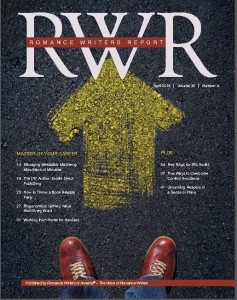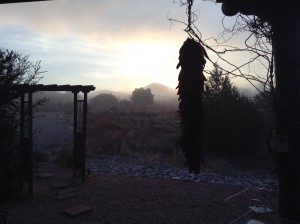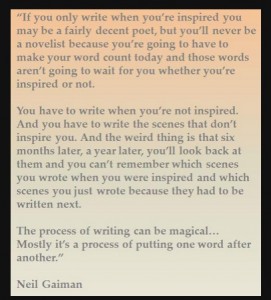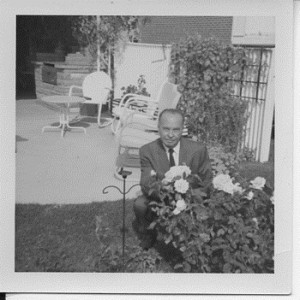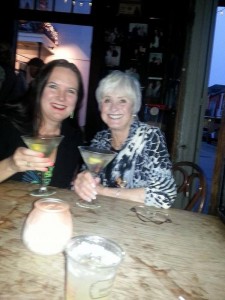 Recently I had occasion to research my agent’s Twitter feed, looking for a link he’d posted. Along the way I found a number of writers commenting on him not responding to their queries fast enough. Some of their tweets had a fairly terse and impatient tone. One was downright antagonistic.
Recently I had occasion to research my agent’s Twitter feed, looking for a link he’d posted. Along the way I found a number of writers commenting on him not responding to their queries fast enough. Some of their tweets had a fairly terse and impatient tone. One was downright antagonistic.
It truly gave me pause.
First of all – I totally get the frustration. I queried agents (and editors) for years. Some I never heard any kind of response from. Others took approximately forever to reply. One in particular sent me a rejection a year after I’d signed with my first agent. On one level, we hear what they tell us – that client work comes first, that queries come at the far end of a long list of priorities – and intellectually we understand that. But emotionally we also understand what they’re too polite to say: that we are not that important to them at that stage.
Now, before any agents jump in and argue that, OF COURSE queriers are important, that this is where they get new clients and they’re always looking for something exciting in the slush pile – which is all absolutely true – let me clarify. A potential client is exactly that: a possibility. This person and their book lie in the intangible realm. Whereas the agent has very tangible clients and books to deal with. No matter how much as authors we believe in the vast potential of the book we’re querying, no one else has that same emotional charge as we do. And it’s painful.
It’s cranky-making.
It made me cranky, too.
But here’s the thing. The crankiness never goes away. Publishing is a strange business. Things can move at a glacially slow pace. There’s rarely ever a direct relationship between any two things. Hard work does not necessarily equal success. Brilliant writing does not necessarily equal great sales. Awards and rave reviews don’t mean the book will succeed. People you thought supported you turn out not to. Exciting things happen out of the blue and expected things evaporate. Yes, it’s exciting and creative and I wouldn’t trade it for any other career, but my point is this: it’s a cranky-making business. Everybody gets cranky at some point: authors, editors, agents, publishers, marketers, etc.
So, here’s my point. Agents know this. They know that there will be times in working with their authors that things will get stressful. There will be annoying contract negotiations, offers will fall through, books will fail to live up to expectations, editors will change their minds, difficult conversations will be had. This is part of the business. In point of fact, I mentioned in a blog post last week how I was cranky and snarky to my agent about advice he gave me. He probably didn’t love me for it, but he also gave me some latitude on it. (At least, I *think* he still loves me…) And I’m taking the advice, I decided once my cranky subsided. But part of why I get a bye (the one I hope I got) is that’s as cranky as I get. (And we have a pretty easy relationship at this point, where we get each other.)
To him. Or in public. I absolutely get crankier than that in private. That’s what DMs, IMs, text messages and tearful, ranty phone calls are for. Otherwise, I try to keep my professional relationships relatively cranky-free.
Imagine then, if an author is hostile and impatient with an agent they don’t know, have never talked to and have no relationship with. This is like the standard dating advice: he or she is not going to get BETTER after you marry them. Nobody turns out to be sweeter, better behaved and with more diligent hygiene AFTER the vows are said. No, when we’re dating and courting is when we are wearing our best selves. An author who’s impatient about queries, and is cranky about it, is not likely to be pleasant to deal with when the chips are down and a deal is going badly. If you think agents don’t know this and consider it, think again.
Most agents are in the business out of love and passion, much as authors are. There are easier ways to make money. But there’s also a reason we’re not stockbrokers. Agents want to love authors, want to love the books they write and help bring them into the world. If they make a bunch of money doing that, even better. But no book is brilliant enough to make an agent want to work with you if they think it will be a miserable experience.
Because life is too short.


